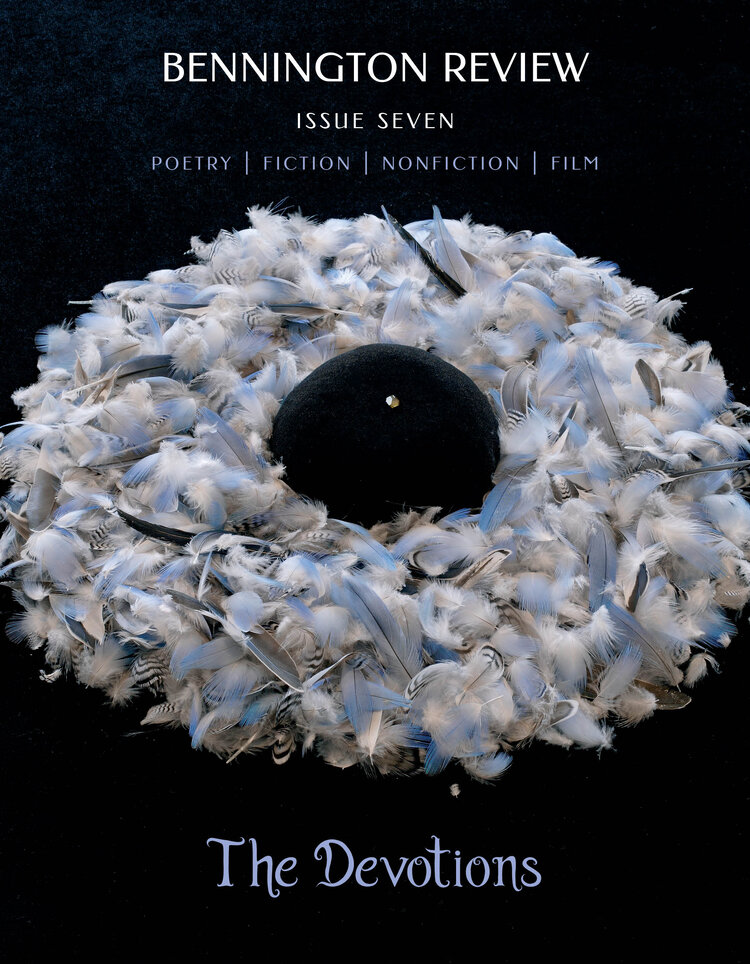Many of the poems in my last book, Errings, explore collective acts and decisions: a team of census workers tries to enumerate the homeless in a tent camp, disciples seek and elect a spiritual leader, siblings at their dying father’s bedside ask him to blink if he can hear them, rules about poetry move from one poet through another and into the poems of the book itself. “An Allegory” picks up these lines of thought through an experience I had with my daughter when she was just learning to speak.
In the poem, a parent recounts to a child a moment early in their life together. It is a moment of brief debate: The parent introduces the word “float” and how one might play “boat.” The child counters.
As a relatively new parent at the time of the original experience, when I first took notes for this poem, I was thinking about safety, about global warming—an object in the world we choose to see only if we read across many fields of knowledge at once—and one of its effects, the rising seas.
I thought about the future—and the shores my daughter would stand on—every time we played in water. Play with a young child is always about the objects themselves, but at the same time always seems somehow allegorical. A story unfolds. Ideas about the world are exposed: Rub-a-dub-dub, three men in a tub….
What strikes me about the interaction in the poem is the radically different point of view the child presents via her simple vocabulary. In regards to water, “swim” comes from a different paradigm than “float.” Boats do not suddenly become useless at the end of this poem, of course. But I do think that listening, empathy, love, becomes more useful. The speaker of the poem, who knows he knows more, suddenly realizes, in an important sense, he doesn’t. The new solution changes the world of the poem.
I think about collective decisions we face at this moment, about how we take care. Of what we elect to do. I think of our individual assumed knowledges of the world, and of the structures through which we hear and register across our many points of knowledge.
I don’t need the boat, the child seems to say.





